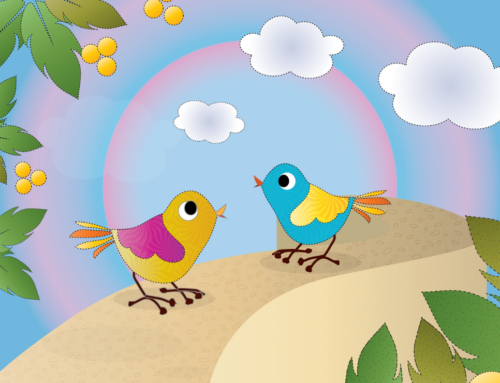The latest reports on literacy skills are showing that children across a wide range of age groups are falling behind when it comes to literacy and other important language arts subjects. The decline was beginning to show pre-Covid, with some blaming the new ‘text speak’ where children seem to have their own language to communicate with each other online and via SMS, meaning the language children are reading is frequently incorrect or shorthand. More recently, however, the fact that children have spent the best part of the year at home in lockdown, literacy skills are at an all-time-low. It’s important we all work together as teachers, nursery leaders and parents to address this problem head on.
Reading To Children At A Young Age Can Build Literacy Skills For Life
It is easy to start teaching literacy skills to toddlers. As they grow up, you need to allow them to confidently express themselves and their thoughts to others through speech and the written word. We need to instill the importance of reading in them as early as possible by reading to them, asking them about their favourite stories and characters, and helping them to learn to read themselves. Reading is proven to increase understanding of the world and empathy too, which builds good social skills and gives them the ability to show empathy and respect to friends.
Turning Subtitles on the Television Has Been Shown to Improve Literacy Skills
We have all turned to the entertainment of a television during lockdown and many children’s programmes have gone so far as to use their platform to contribute to homeschooling and learning throughout the year. Turning subtitles on your television can at first seem distracting but it has been proven to be an excellent way to encourage your children to read and develop language skills subconsciously.
Here are some other ways that you can include learning in everyday play:
Random Conversations- this is a good activity to improve engagement and listening skills. Allow children to pick any imaginative topic for random conversations, even if it’s a bit silly. Encourage them to ask or answer questions, depending on their comprehensions. As an example, ask children what they would do if they could fly like a bird. Encourage them to verbalise the answer and tell it to other people in the room. It’s no matter whether the question sounds random or silly. The most important thing is that toddlers should know how to engage and listen to others better. Conversations also aid development of comprehension.
Work Together- toddlers may work together with parents and older siblings to read and practice learning new words. Make early reader books a focus, to ensure that their base foundation is solid. Toddlers and other family members can take turns reading storybooks at bedtime. The focus of this activity is to learn the importance of reading and to set up a foundation for learning where other subjects including maths will become more enjoyable.
Contact Happy Journeys
To learn more, contact Happy Journeys today and speak with a childcare professional who can answer any questions you might have, or to enquire about availability in our Hendon nursery for your little ones.
If you enjoyed this article, please feel free to share it on your favourite social media sites.






